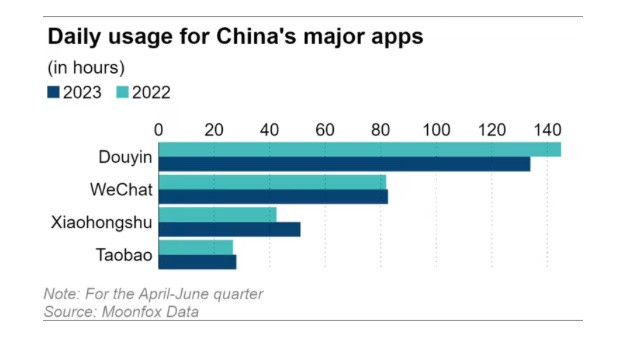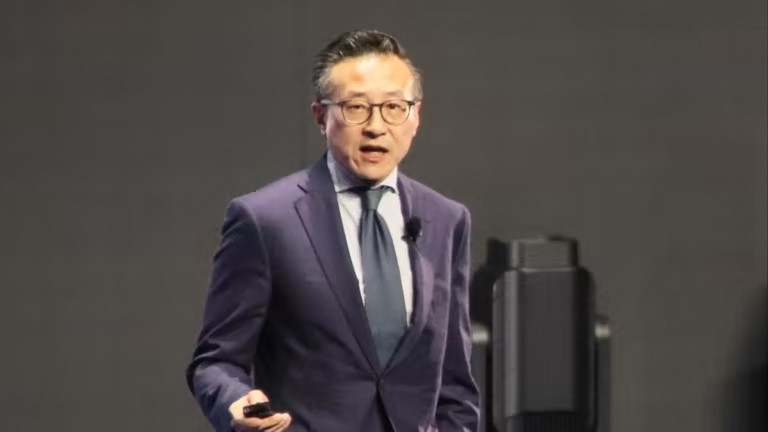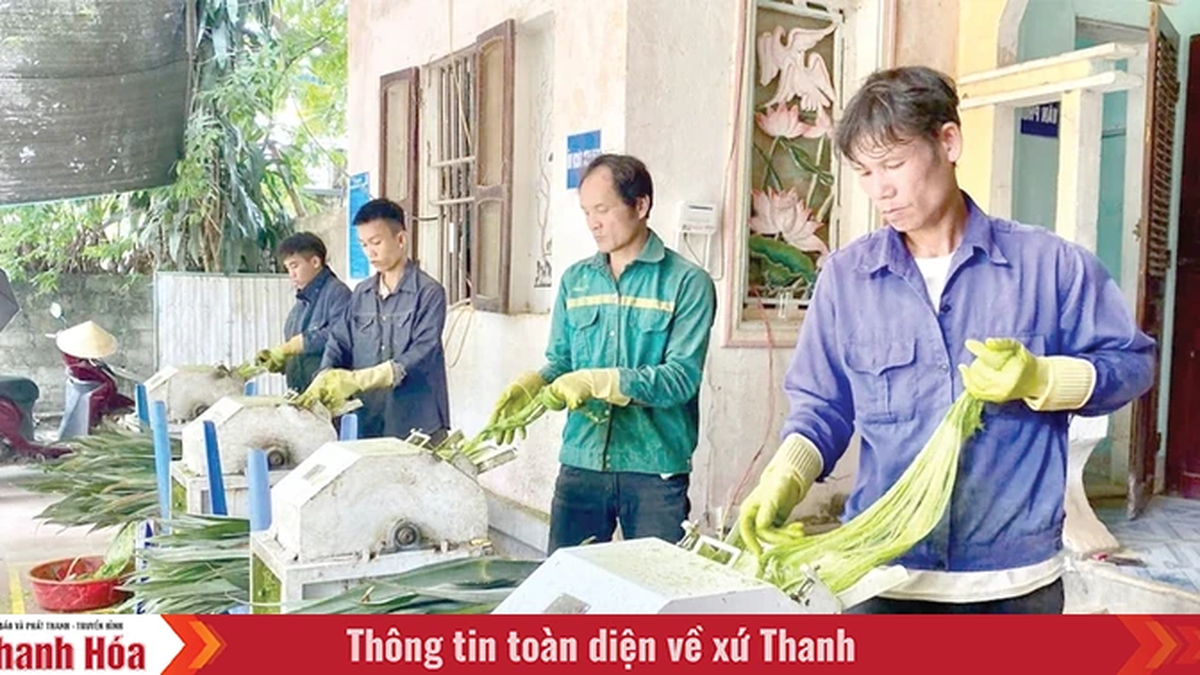The world’s second-largest economy is slowing as consumers tighten their spending, exports fall and unemployment soars. A series of foreign banks including Morgan Stanley, JPMorgan Chase and Barclays have cut their growth forecasts for China to below 5% in 2023.
In that context, in early July 2023, during a meeting with the country's top technology business leaders, Premier Li Qiang expressed his hope that these companies could lead China's development. The head of the Chinese government also requested streamlining approval procedures for new investments and services in the technology sector.
Back to core business
Alibaba Group Holding, the tech giant, after years of restructuring pressure, is shifting its focus back to e-commerce to boost revenue, tapping content creators and low prices to compete in an increasingly crowded market.

Nikkei Asia notes that in the past week, Alibaba’s e-commerce platform Taobao has been ramping up its nationwide live video streaming, a new feature the platform launched in July 2023 that allows creators to sell products and earn tips via livestreams. Alibaba believes the new content, while seemingly far from traditional e-commerce, will help attract younger online shoppers to the app.
“We will continue to invest heavily in developing content around shopping, consumption and daily life,” said Trudy Dai, CEO of Alibaba’s core e-commerce arm, Taobao Tmall Commerce Group.
The push is a response to the rise of Douyin and Xiaohongshu, apps similar to TikTok and Instagram. The apps have leveraged user engagement to branch out into e-commerce and other services, and have so far attracted a sizable younger demographic.
According to China’s Moonfox Data, the average Douyin user spends 133 minutes on the app each day. Tabao’s figure, while growing recently, is still much lower at 28 minutes. The parent company hopes that a greater focus on content will help bring users to the app even when they’re not shopping, cementing its competitive edge.
Cheap price stimulates demand
Alibaba is also focusing on a lower-priced strategy, launching a new section on Taobao dedicated to items that cost just 1 yuan (about $0.14) or are heavily discounted.

The moves come as China’s economic outlook is clouded by a slump in the real estate sector, led by China Evergrande Group, which recently filed for bankruptcy protection in the U.S. Retailers are being forced to cut back, especially on durable goods (products with an economic life of three years or more).
Low-cost strategies have become a mainstream trend in China’s e-commerce sector, with platforms promoting low prices even outside of major sales. Taobao rival JD.com has also shifted its focus to discounts since the start of the second quarter of 2023.
According to Chinese media, Alibaba co-founder Jack Ma called on the group to shift its focus back to Taobao, users and the internet during a meeting with executives in late May 2023. The billionaire said it took just one year for Nokia and Kodak, once leaders in their respective industries, to go from strength to strength.
Alibaba’s growth has been hurt by Beijing’s crackdown on the tech sector over the past few years, as well as a months-long Covid-19 lockdown in Shanghai. The tech giant reported its first quarterly revenue decline since its U.S. listing in 2014.
However, the decline has slowed as revenue in the latest quarter rebounded 14% to 234.1 billion yuan - the first double-digit growth since the third quarter of 2021.
Alibaba is using the recovery to accelerate its group-wide growth strategy. It has split into six groups, with plans to allow all but the e-commerce arm to pursue fundraising efforts and initial public offerings separately.
Alibaba Chairman and CEO Daniel Zhang is expected to step down on September 10. He will be replaced by Joseph Tsai, the current Vice Chairman, and Eddie Wu, the CEO. Both Tsai and Wu co-founded the Alibaba empire in its early days.
(According to Nikkei Asia)
Source


































































































Comment (0)